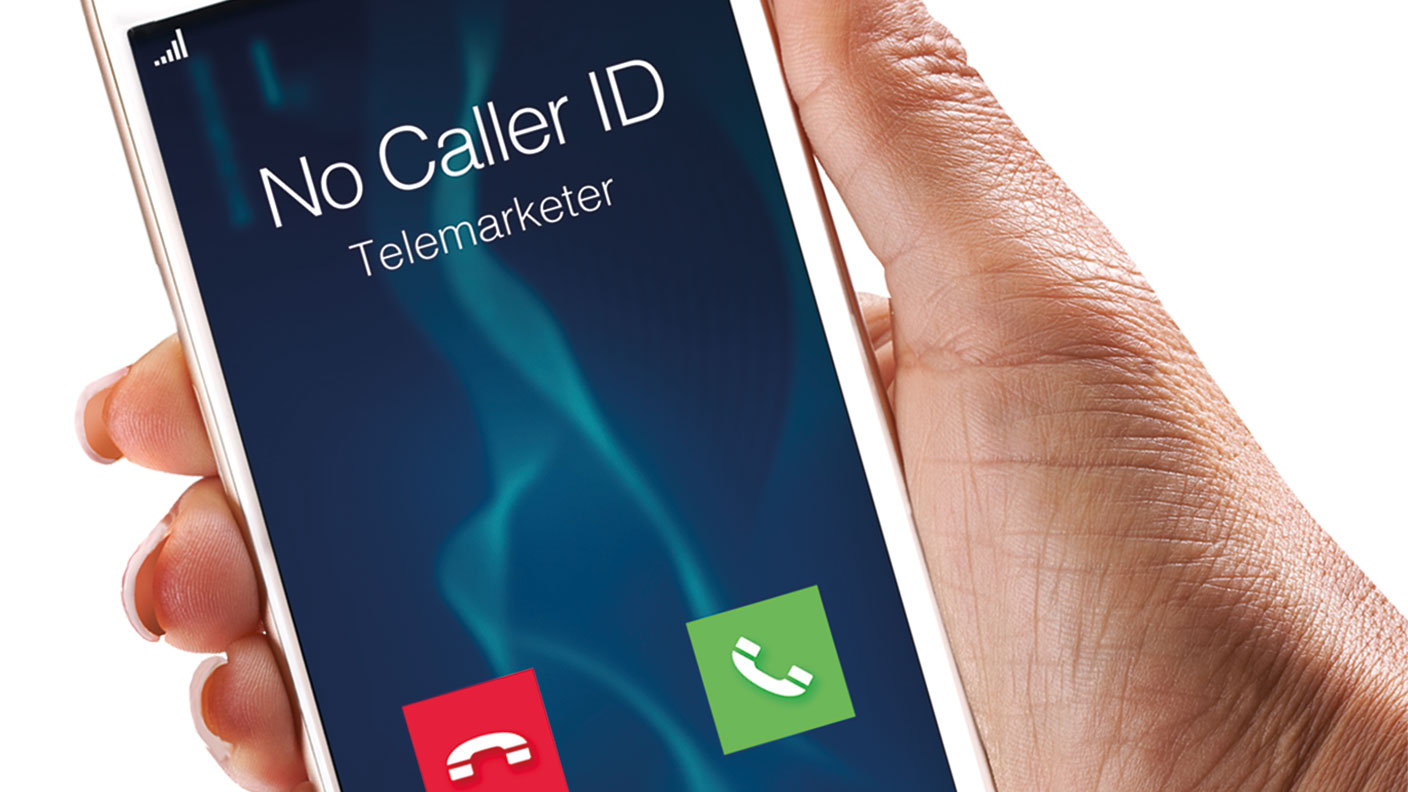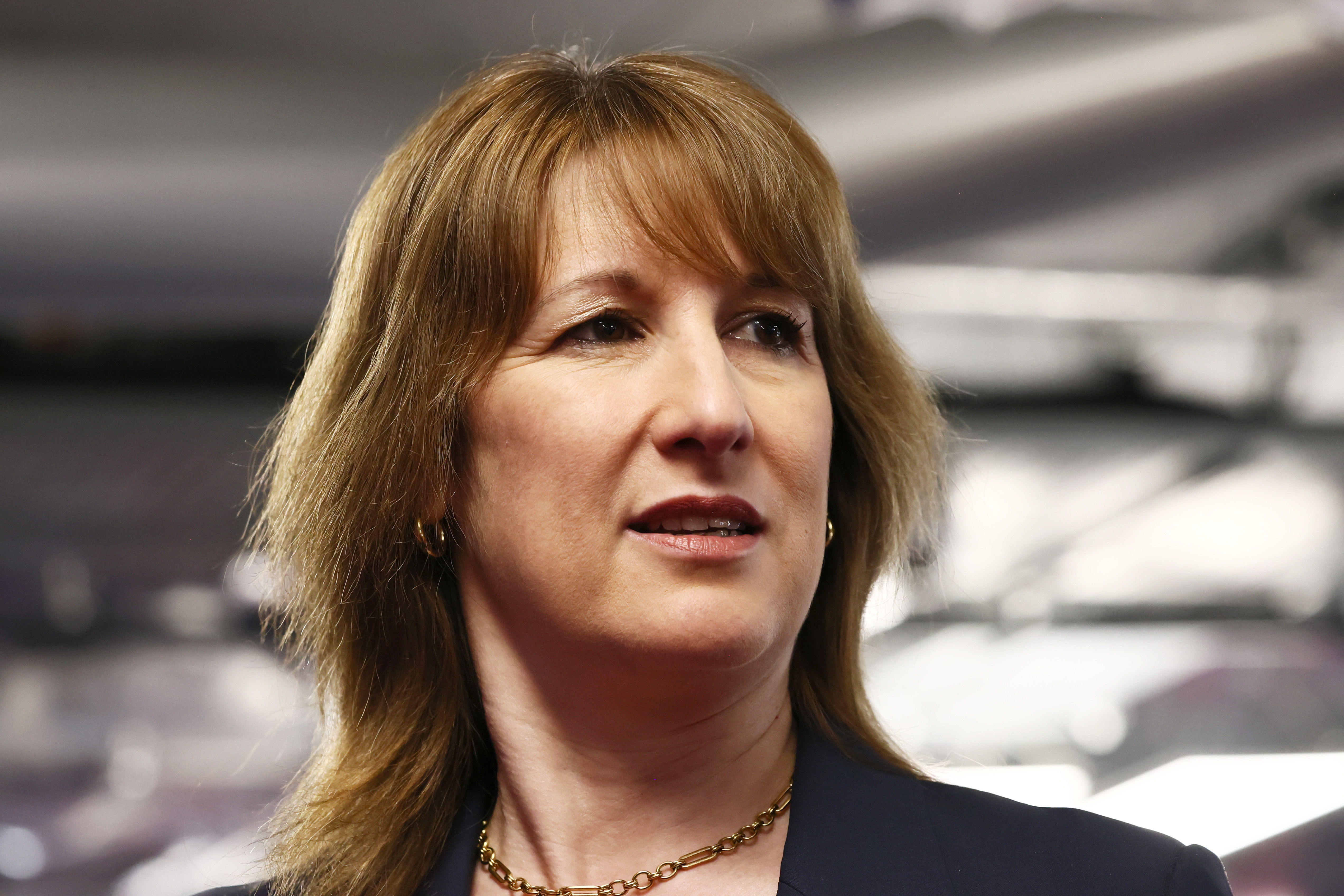How to deal with scam calls on your mobile phone
Fraudsters are becoming more inventive as the world goes online. Nicole García Mérida explains how to combat them.


Get the latest financial news, insights and expert analysis from our award-winning MoneyWeek team, to help you understand what really matters when it comes to your finances.
You are now subscribed
Your newsletter sign-up was successful
Want to add more newsletters?
A fortnight ago I received a text from an unknown number saying I had a parcel from Hermes with an outstanding delivery fee. If I didn’t pay through the Hermes link in the text, my parcel would be returned to the sender. That text was a scam.
The trade association for the banking and financial services sector, UK Finance, notes in its half-year report for 2021 that criminals stole a total of £753.9m, a 30% increase compared to the same period in 2020. Authorised push payment (APP) fraud, where criminals trick customers into authorising a payment to them using tactics such as phone calls, text messages and emails, fake websites and social media posts, saw an increase of 71%. APP is a type of impersonation scam, where criminals pretend to be someone else, in these cases legitimate firms such as Royal Mail or institutions such as the NHS.
It’s not only couriers. Fraudsters will also pretend to be from your bank, often claiming they need to protect an account from fraud, or the police, insisting a fine be paid. Sometimes crooks will claim to represent a fraud prevention service. This type of heist is growing rapidly as fraudsters exploit our lifestyle changes. Online shopping and payments have all soared in the pandemic.
Try 6 free issues of MoneyWeek today
Get unparalleled financial insight, analysis and expert opinion you can profit from.

Sign up to Money Morning
Don't miss the latest investment and personal finances news, market analysis, plus money-saving tips with our free twice-daily newsletter
Don't miss the latest investment and personal finances news, market analysis, plus money-saving tips with our free twice-daily newsletter
Two things helped me identify my text as fraudulent. First, the phone number was not official. Genuine companies can show up on your phone not as a number but as a name. A company’s real name will be officially registered and thus legitimate, but scammers often create convincing names that closely resemble the real one: dpdIreland instead of DPD, for instance. If you are contacted by a mobile number, check the company’s website to find out what their official contact number is. Websites should also make clear how the firm will contact you.
Second, the website address it was encouraging me to click on was different from the real Hermes website (hermes.tracking as opposed to the real myhermes.co.uk). A Google search will reveal a company’s true address. Bear in mind too that only criminals will pressure you to act quickly. If you’re being badgered on the phone, hang up.
If you think you have been a victim of fraud, contact your bank at once. The faster you report a scam, the more likely it is that your bank will be able to either stop the transaction or recover the money. Anti-fraud measures used by banks stopped £32m of fraud between January and June 2021.
Meanwhile, note that Stop Scams UK and the Global Cyber Alliance have launched the 159 pilot scheme, a new fraud hotline that will let you check whether a call from your bank is genuine. You can call 159 if someone contacts you saying they’re from your bank, even if you don’t have reason to believe the call is suspicious. It is running as a pilot scheme for a year. Participating banks are Barclays, Lloyds, NatWest, Santander and Starling Bank.
And remember the golden rule: withholding personal information until you have checked names or numbers through a source you know is legitimate is the best way to avoid a scam.
Get the latest financial news, insights and expert analysis from our award-winning MoneyWeek team, to help you understand what really matters when it comes to your finances.
Nic studied for a BA in journalism at Cardiff University, and has an MA in magazine journalism from City University. She has previously worked for MoneyWeek.
-
 Tax receipts: Rachel Reeves 'should hand back the cash' from bumper haul
Tax receipts: Rachel Reeves 'should hand back the cash' from bumper haulOpinion Chancellor Rachel Reeves is cheering higher-than-expected tax receipts. But where has the money come from?
-
 Why annuities are back in fashion for retirees
Why annuities are back in fashion for retireesThe appeal of annuities has been boosted by higher interest rates. So should you buy an annuity with part of your pension savings?
-
 Default pension funds: what’s in your workplace pension?
Default pension funds: what’s in your workplace pension?Default pension funds will often not be the best option for young savers or experienced investors
-
 Plan 2 student loans: a tax on aspiration?
Plan 2 student loans: a tax on aspiration?The Plan 2 student loan system is not only unfair, but introduces perverse incentives that act as a brake on growth and productivity. Change is overdue, says Simon Wilson
-
 Why it might be time to switch your pension strategy
Why it might be time to switch your pension strategyYour pension strategy may need tweaking – with many pension experts now arguing that 75 should be the pivotal age in your retirement planning.
-
 Rachel Reeves is rediscovering the Laffer curve
Rachel Reeves is rediscovering the Laffer curveOpinion If you keep raising taxes, at some point, you start to bring in less revenue. Rachel Reeves has shown the way, says Matthew Lynn
-
 ISA reforms will destroy the last relic of the Thatcher era
ISA reforms will destroy the last relic of the Thatcher eraOpinion With the ISA under attack, the Labour government has now started to destroy the last relic of the Thatcher era, returning the economy to the dysfunctional 1970s
-
 Investing in forestry: a tax-efficient way to grow your wealth
Investing in forestry: a tax-efficient way to grow your wealthRecord sums are pouring into forestry funds. It makes sense to join the rush, says David Prosser


